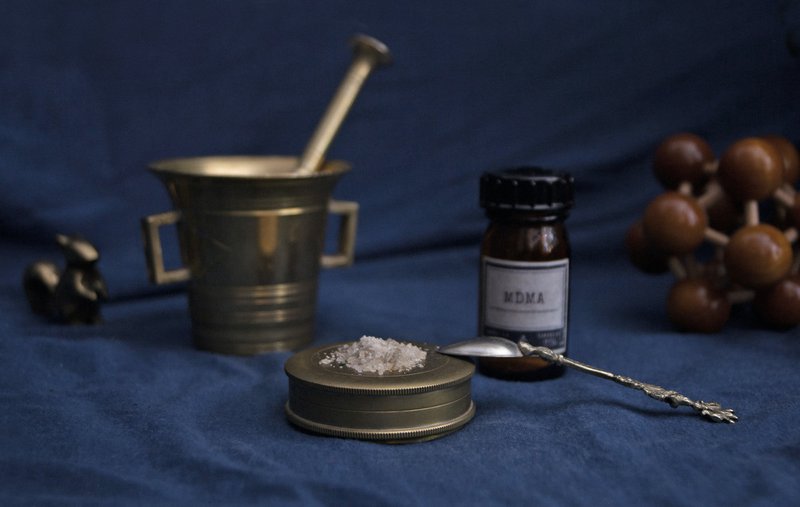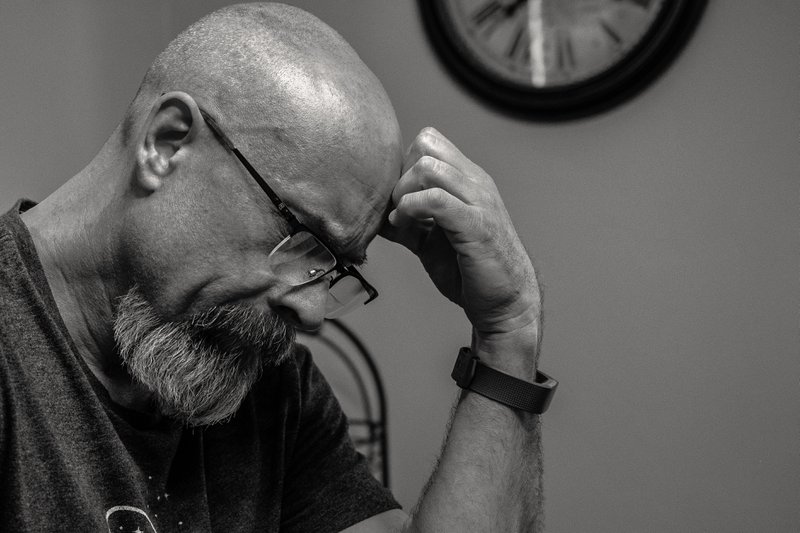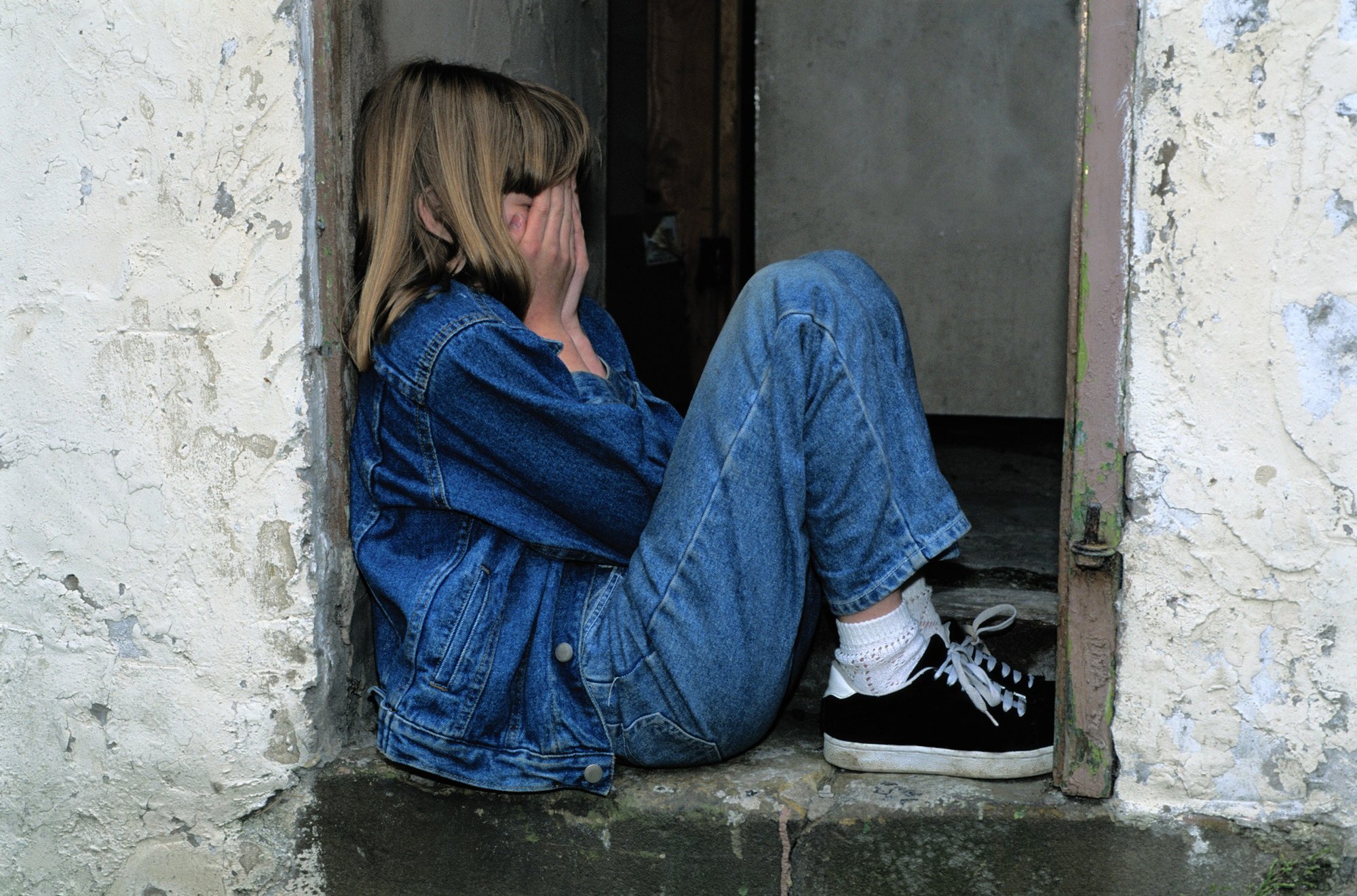Trauma is what we do in response to terrible experiences:
Trauma is the emotional effect of terrible things that have happened to us. We can experience trauma at any time of life, but it has the most damaging effect on us when it happens early on.
While we’re growing up, the things that happen to us have a direct impact on the way our brain develops. As a result, trauma isn’t just hurtful in the moment—it also affects our self-image, how we experience other people, our worldview, and our life choices.
We can’t underestimate the impact of trauma. It has profound and far-reaching implications, causing pain and suffering for decades after the initial event(s).

The brain changes in response to trauma:
I want to talk about four ways that people respond to childhood trauma. I want to say a few words about how the brain reacts to strongly negative early-life experiences.
As kids, we’re more sensitive to hurts. We haven’t built up emotional callouses and we haven’t developed the resilience that arises from the perspective gained through life experience. When bad things happen to us early in life, they hurt us that much more. Our natural self-protective response is to emotionally shut down in order to avoid any feelings of intense pain.
When we’re little, we have a natural sense of narcissism; we see the world as a reflection of ourselves. The things that happen to us appear to be related to who we are and what we’ve done. If we experience abandonment, rejection, exploitation, or abuse, we believe that we must “deserve” it – we must be “bad,” somehow. Our natural response to is to blame ourselves for everything bad that happens to us.
This combination of pain from the hurts and losses we’ve experienced and from narcissistic self-blame and self-criticism, leads to the development of coping mechanisms to avoid the pain and the negative self-talk.
We have many coping strategies to choose from and a lot of us use more than one; we can try to numb the pain through compulsive, addictive behaviours; avoid our feelings by getting caught up in work, parenting, or other activities; deny that anything bad ever happened and just “tough it out.”
Some of us blame the world for hurting them and walk around in a perpetual state of resentful, and defensive victimhood, lashing out at others. Some of us implode our anger by taking it out on ourselves. All of the above are ways that we adapt to the trauma we experienced. Unfortunately, the adaptive strategies of childhood become maladaptive behaviours as we grow up.
Here are four specific ways that we respond to childhood trauma. I’ve seen them very often in my psychotherapy practice through the years.

Trauma Leads to Rescuing:
1. Rescuing others: People who’ve been hurt as children can have tremendous empathy for others in a similar position. From my experience, I’ve noticed a large number of social workers, group home workers, psychotherapists, and child protection workers who have chosen their field of work because of their own early-life trauma.
There was no one to rescue them when they were little, even though this was their greatest wish, so they become that person for today’s victims of abuse, neglect, abandonment, and/or exploitation. They’re unconsciously trying to rescue their own wounded inner child at the same time as they’re rescuing their clients.
It’s not only caring professionals who engage in rescuing. Rescuers can be people whose friends and romantic partners are constantly in crisis and who are always bailing out these individuals from their latest disaster. They can be parents who overprotect their children and rescue them from the tiniest disappointments or difficulties.
Unfortunately, being in a rescuer role has consequences: those in the helping professions are constantly getting triggered and re-traumatized by the things they see and they don’t heal their own emotional wounds because they’re constantly preoccupied with saving everyone else. They get burnt out and exhausted and often end up becoming emotionally and/or physically ill.

Trauma Leads to People-pleasing:
2. People-pleasing: These individuals so deeply crave love, approval, and positive attention that they’re unfailingly nice and rarely if ever say “no.” They always go along with what the other person wants and they do too much for everyone, often neglecting their own needs.
They never express their own anger or displeasure for fear of being rejected. They never share their true thoughts or feelings, for fear of being judged or shamed. Ultimately, they’re manipulators, using other people for their affection and approval rather than liking people for who they are.
These individuals never get what they want. Spending their lives focusing on pleasing others means that they never get to deal with their own inner needs. Since they aren’t being authentic, any positive regard from others can’t be enjoyed because they know that no-one sees them for who they really are.
They live their lives pretending to be someone they’re not. They never set limits, and as a result, become exhausted, frustrated, even resentful. Sometimes, they can’t help but leak their anger, which results in the things they fear the most – disapproval and rejection.

Trauma Leads to Self-destructiveness:
3. Self-destructive behaviour: In their attempts to not feel their pain, these individuals can engage in a myriad of self-soothing, self-numbing, and self-distracting behaviours. These behaviours can turn into addictions of all sorts, including over-working, misusing alcohol, injecting heroin, binge eating, bulimia or anorexia, gambling, over-spending, video gaming, over-exercising, viewing porn, or picking at their skin.
The need to numb their pain can have a significant side-effects. Feeling dead inside can create a need for intense sensations in order to feel alive. This need for intensity to counteract the awfulness of being constantly numb can give rise to self-harming behaviours, promiscuity, and extreme risk-taking behaviour—all of which have potentially lethal consequences.

Trauma Leads to Abusiveness:
4. Being hurtful to others: Some traumatized individuals are so full of resentment and rage that they feel compelled to be harmful others. These people can become an abusive parent; partner; boss; teacher; coach; politician, or police officer.
These individuals take out their angry feelings on others. Because of their positions of power and authority, they often get away with it. Sadly, their behaviour is a lose-lose proposition. They cause tremendous harm to others but don’t benefit at all from creating so much pain.
The abusive individual can’t heal their emotional wounds by hurting others. It doesn’t work that way. No matter how many people they harm and how much hurt they cause, it doesn’t take away even one iota of their pain. They stay angry, frustrated, and continue to harm others in the mistaken belief that eventually, if they cause enough harm, they’ll feel better. The truth is, they won’t. This type of reaction to trauma does no good at all.

We need to acknowledge the impact of trauma on our lives:
Trauma has been shown to negatively affect people’s lives, emotions, attitudes, choices, and behaviours. We all need to acknowledge the impact of trauma. If you recognize any of the above behaviours in yourself, it’s important to seek out the help you need so that you can finally heal and start living the satisfying, meaningful and peaceful life you deserve to live right now.
Sign up here for my free wellness newsletter that brings you fresh, thought-provoking content every two weeks.
Also, make sure to subscribe to my YouTube Channel to watch my series Moving into Autumn with Good Self-Care, where you’ll learn simple tips for taking the best care of yourself and your loved ones this winter season.



